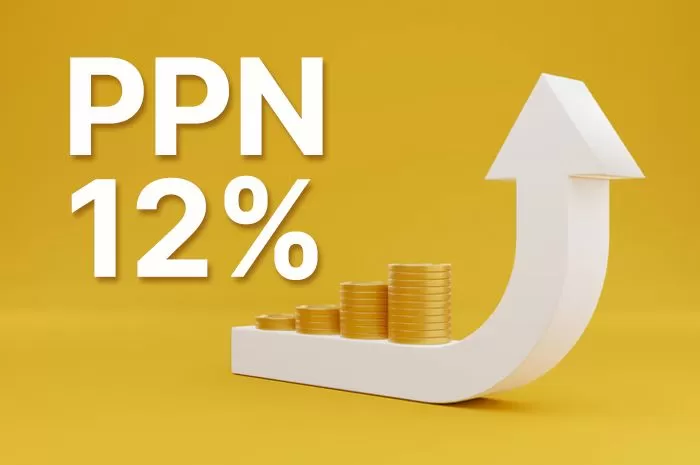The recent hikes in Indonesia's Upah Minimum Provinsi (UMP) and the Value-Added Tax (PPN) have sparked concerns about their potential impact on startup growth in the country. The government raised UMP by 6.5% and introduced a 12% PPN, leading some to question if these changes could stifle the startup ecosystem.
Nezar Patria, the Deputy Minister of Communication and Digital (Komdigi), has addressed these concerns. He acknowledged that while these policy shifts are designed to increase national revenue, they do not necessarily pose a direct threat to startups. In fact, Patria emphasizes that startups can continue to thrive despite these challenges.
“These increases are part of broader economic policies aimed at boosting state income,” Patria explained. “But for startups, growth is still achievable through collaboration among various sectors.”
Patria points out that a collaborative approach between the government, private sector, state-owned enterprises (BUMN), and educational institutions is crucial. This collective effort helps mitigate the impact of rising costs and drives efficiency in operations, allowing startups to remain competitive.
“The key is to foster a robust ecosystem from the ground up,” said Patria. “Private companies, the government, BUMN, and universities all play vital roles in reducing the costs of doing business. With the right partnerships, startups can maintain their growth trajectory.”
While the increased UMP and VAT may create some immediate financial strain, Patria suggests that these are recurring challenges that businesses face annually. Rather than focusing solely on these factors, he urges startups to look at long-term strategic growth.
Issues like worker wage increases are a constant, and they must be addressed in the context of building a resilient ecosystem that can support sustainable growth. This broader perspective, according to Patria, will ensure that startups not only survive but thrive in an ever-evolving market.
“We need to focus on more strategic, long-term solutions,” Patria said, emphasizing the importance of collaboration to weather economic fluctuations. "This is about creating a sustainable environment for startups to innovate and scale."
As Indonesia's economy evolves, Patria’s message is clear: While challenges like higher wages and taxes are inevitable, the key to startup success lies in strategic collaboration and the creation of a strong, interconnected ecosystem.
Read More






 Monday, 23-02-26
Monday, 23-02-26







